Outdated Wills, Missing Beneficiaries, and No Plan: The Estate Planning Mistakes We’re Seeing Every Week
In just the past month, we’ve had eight families come to us with urgent estate planning needs:
A son discovered his parents’ only will was drafted over 40 years ago
A daughter struggled to make medical decisions for her mother with dementia — no health care directive was in place
A young family scrambled to set up a will and guardianship for their kids
A recent divorcee needed to update documents so assets would pass to children, not an ex-spouse
Different stories, same problem: outdated or missing estate plans. When that happens, families end up in court, assets get tied up, and wealth is lost to taxes, fees, or the wrong hands.
The Core Documents Everyone Needs
At a minimum, every adult should have:
Will: Directs how assets are distributed and names guardians for children
Durable Power of Attorney (POA): Appoints someone to manage financial and legal matters if you can’t
Health Care Proxy / Advance Directive: Ensures your medical wishes are respected and prevents family conflict
Beneficiary & Contingent Beneficiary Designations: Must be kept current on retirement accounts, life insurance, and bank accounts. These override your will.
Trusts: When You Need More Than a Will
Trusts can take estate planning further:
Revocable Living Trust: Flexible, can be changed anytime, avoids probate, keeps transfers private
Irrevocable Trust: Harder to change, but offers tax advantages and creditor protection. Often used for large estates, business transfers, or advanced tax planning
If you own significant assets — especially a business — a trust can be the difference between a smooth transition and a financial nightmare.
Why Updating Matters
Having documents is step one. Keeping them up to date is step two. Review your plan whenever life changes, like:
Marriage or divorce
Birth of children or grandchildren
Business growth or ownership changes
Health issues or major life transitions
An outdated will or retirement account with an ex-spouse listed as beneficiary is a ticking time bomb.
Business Owners: Special Considerations
If you own a business, estate planning must cover more than personal assets:
Succession planning: Who runs the business if you’re gone tomorrow?
Buy-sell agreements: Funded by insurance or assets so co-owners and family aren’t left fighting
Trust planning: Holding company shares in trust to avoid probate and minimize taxes
Liquidity planning: Ensuring cash is available for taxes and expenses so the business isn’t forced into a fire sale
Without these, your life’s work could be dismantled in months.
Solutions: Working With the Right Advisor
It’s not just about creating documents — it’s about keeping them aligned with your financial life. At Compound Advisory, we:
Review wills, POAs, health directives, and beneficiaries regularly
Coordinate with estate attorneys so everything works together
Ensure accounts, trusts, and estate documents are consistent and up to date
For clients who qualify, include fundamental estate planning as part of our service
Don’t Leave It to Chance
Estate planning isn’t just paperwork. It’s about peace of mind for you and clarity for your family. Waiting until a crisis happens is the worst time to fix your plan. By then, it’s too late.
Take 15 minutes now to protect what you’ve built. Schedule your free call today and let’s make sure your estate plan and financial plan are working together to secure your family’s future.


